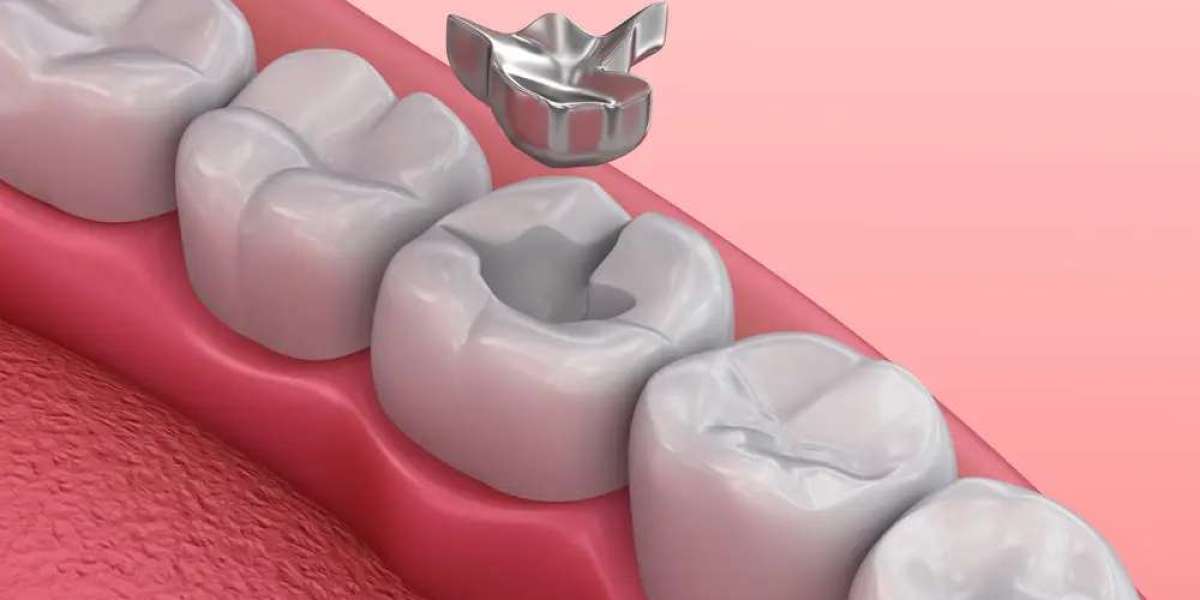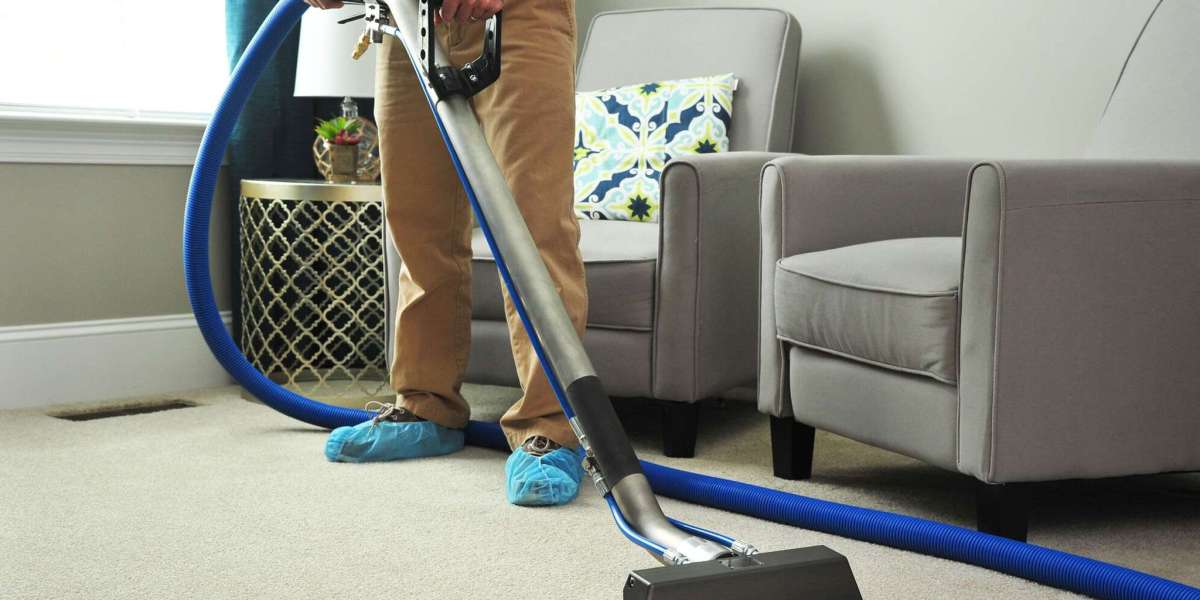When considering options for a Dental Tooth Filling in Dubai, it’s important to be aware not only of the health and aesthetic aspects but also the environmental impact of the materials used. Amalgam tooth fillings, composed of a mixture of metals including mercury, have been widely used for decades due to their durability and cost-effectiveness. However, concerns about the environmental and health risks related to mercury have led to increased scrutiny and regulation worldwide. Understanding the environmental implications of amalgam fillings can help patients and dental professionals make more sustainable choices.
What Are Amalgam Tooth Fillings and Their Composition:
Dental amalgam is a material made from a blend of metals, primarily mercury combined with silver, tin, and copper, used for filling cavities.
Key points about amalgam composition:
Contains approximately 50% elemental mercury by weight
Mercury binds with other metals to form a stable alloy
Known for strength, longevity, and resistance to wear
Widely used since the 19th century in restorative dentistry
Cost-effective compared to other filling materials like composites or ceramics
This composition is the root of both amalgam’s effectiveness and environmental concerns.
How Amalgam Fillings Affect the Environment:
Mercury in amalgam fillings poses a significant environmental hazard if not properly managed during dental procedures and disposal.
Environmental impact includes:
Release of mercury vapor during placement or removal procedures
Improper disposal can lead to mercury entering water systems and soil
Mercury contamination affects aquatic life through bioaccumulation in the food chain
Toxic mercury compounds can harm ecosystems and human health when released
Dental clinics contribute to mercury pollution without effective waste management
The persistent and bioaccumulative nature of mercury makes it a global environmental concern.
Regulations and Guidelines on Amalgam Use:
Due to environmental and health concerns, many countries and organizations have implemented strict guidelines on the use and disposal of dental amalgam.
Regulatory measures involve:
Limiting amalgam use, especially in children, pregnant women, and patients with kidney issues
Mandating the installation of amalgam separators in dental offices to capture waste
Encouraging alternative filling materials with lower environmental risks
Phasing down amalgam use under international agreements such as the Minamata Convention on Mercury
Requiring safe disposal protocols for amalgam waste to prevent environmental release
These regulations aim to reduce mercury pollution while maintaining patient care.
Alternatives to Amalgam Fillings and Their Environmental Benefits:
Advances in dental materials have introduced several alternatives to amalgam that pose less environmental risk.
Common alternatives include:
Composite resin fillings made from biocompatible plastics and glass
Glass ionomer cements that release fluoride and are environmentally safer
Ceramic or porcelain restorations offering durability without mercury
Bioactive materials promoting tooth repair without toxic components
Using these alternatives reduces mercury exposure and environmental contamination.
Proper Handling and Disposal of Amalgam Waste in Dentistry:
Dental clinics play a crucial role in minimizing the environmental impact of amalgam through responsible waste management.
Best practices include:
Using amalgam separators to capture and recycle mercury waste
Training dental staff on safe handling techniques to prevent spills and vapor release
Storing amalgam waste in sealed containers before disposal through certified hazardous waste programs
Avoiding disposal of amalgam into regular trash or wastewater systems
Participating in recycling programs to recover mercury from dental waste
Such measures help protect the environment and public health.
How Patients Can Contribute to Environmental Safety:
Patients undergoing a Dental Tooth Filling in Dubai can support environmental sustainability by discussing filling options and clinic practices.
Patient actions:
Inquire about the use of mercury-free filling materials
Choose clinics that follow strict waste management and environmental guidelines
Avoid unnecessary replacement of existing amalgam fillings unless medically required
Educate themselves on the environmental impact of dental materials
Support eco-friendly dental initiatives and policies
Informed patients contribute to a greener dental industry.
The Future of Dental Materials and Environmental Impact:
Ongoing research in dental materials science aims to develop restorations that are both clinically effective and environmentally friendly.
Emerging trends:
Development of biodegradable and bioactive filling materials
Use of nanotechnology to improve material properties while reducing toxicity
Increasing popularity of metal-free and mercury-free restorations worldwide
Enhanced recycling technologies for dental waste management
Greater awareness and education promoting sustainable dental practices
These innovations promise a healthier planet alongside better dental care.
Final Thoughts:
The environmental impact of amalgam tooth fillings is a significant factor to consider when opting for a Dental Tooth Filling in Dubai. While amalgam has been a reliable material for many years, its mercury content raises concerns regarding pollution and ecological harm. Thanks to regulations, alternative materials, and improved waste management, the dental industry is moving toward more sustainable practices. Patients and dental professionals alike have a role in supporting environmentally responsible choices that protect both oral health and the planet. By staying informed and proactive, we can ensure that dental care advances in harmony with environmental stewardship.



